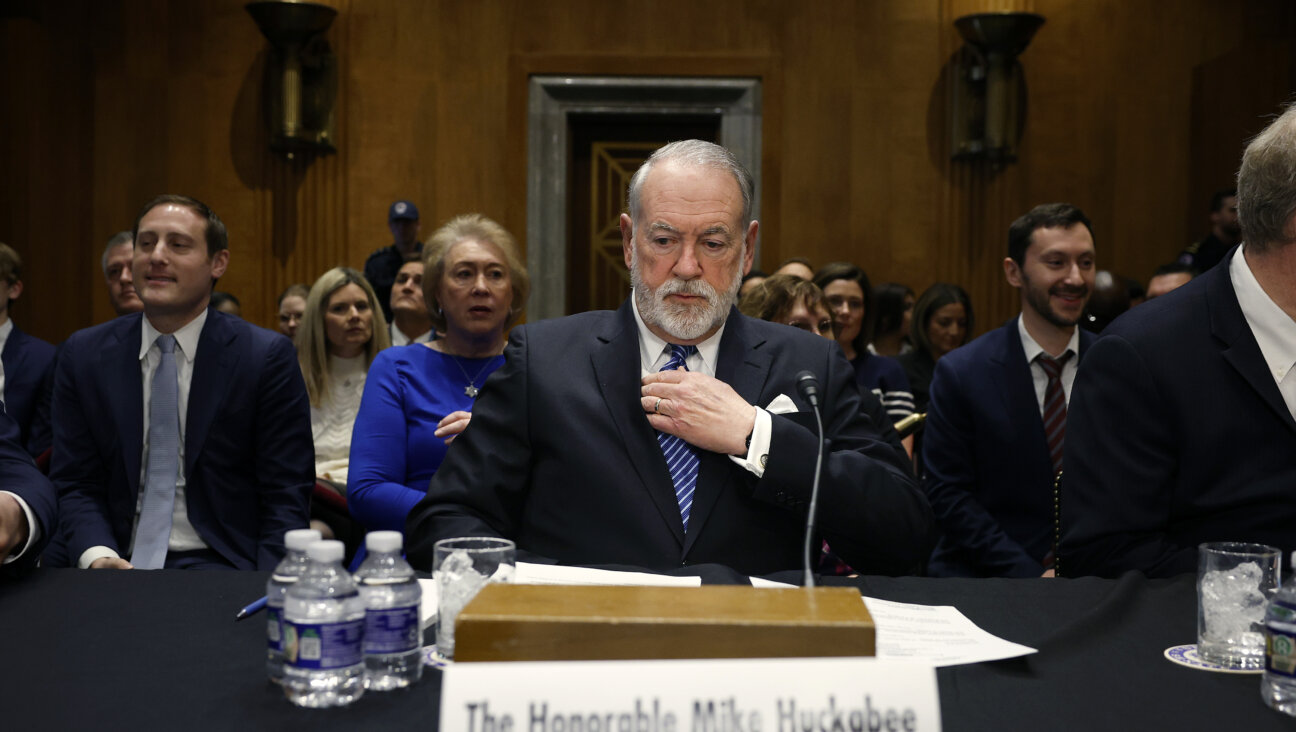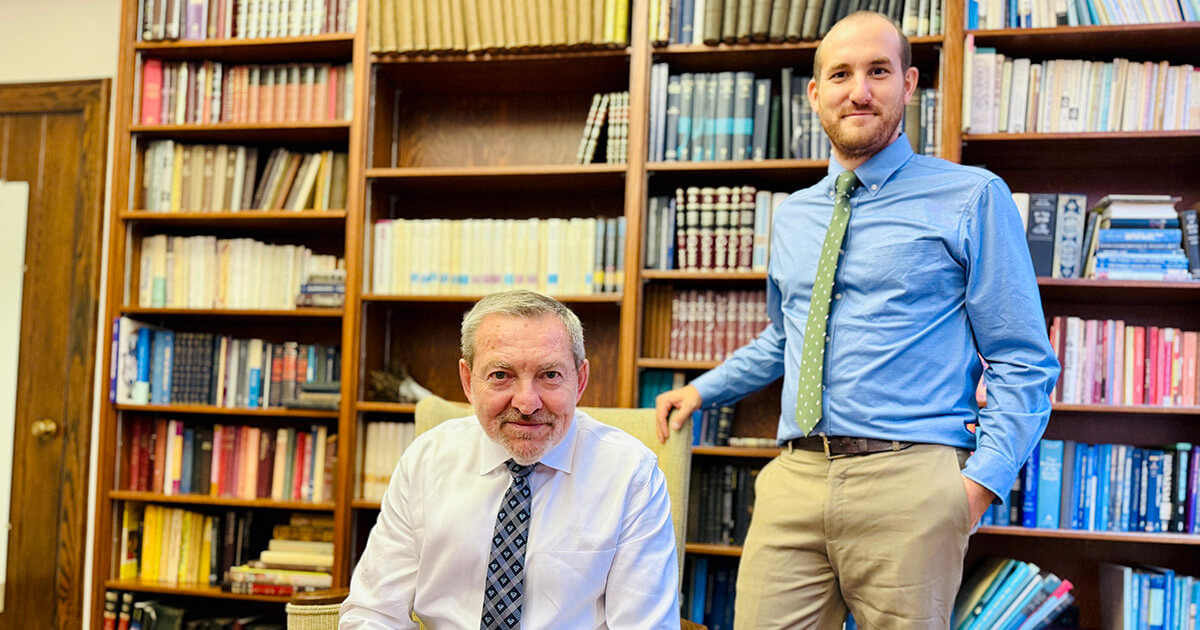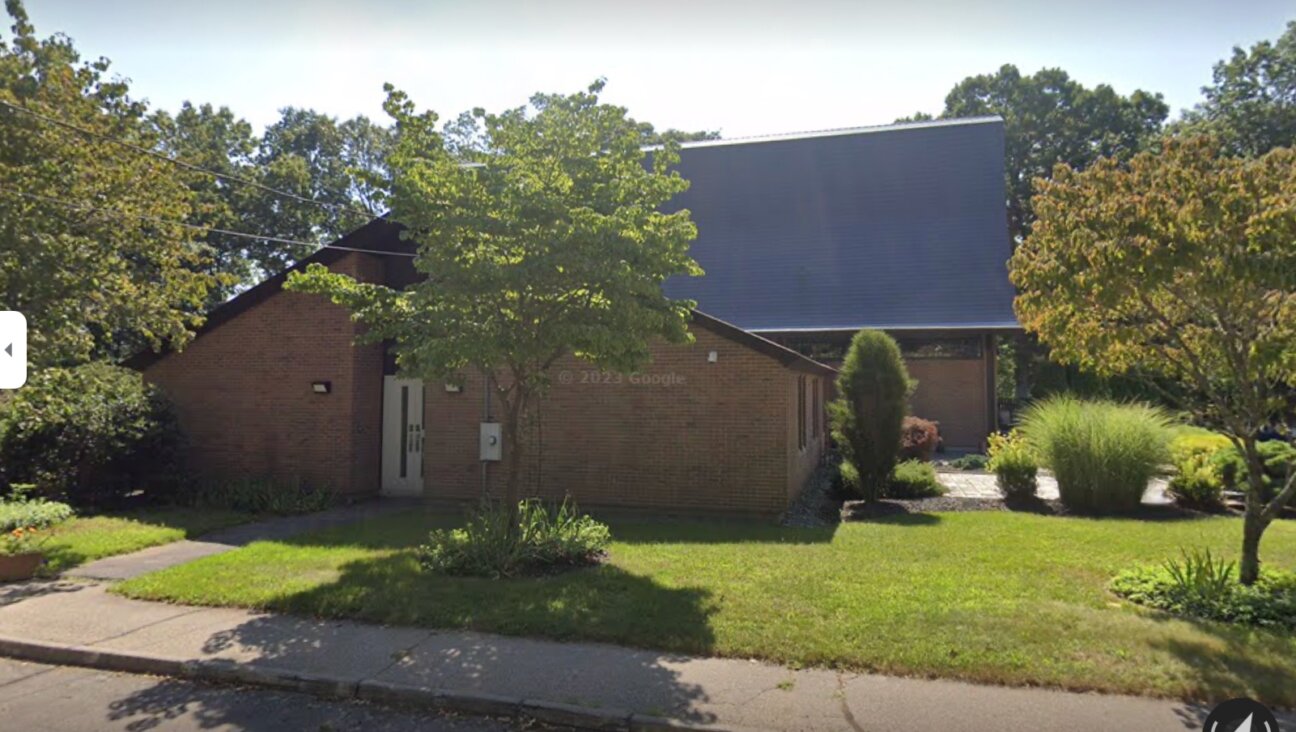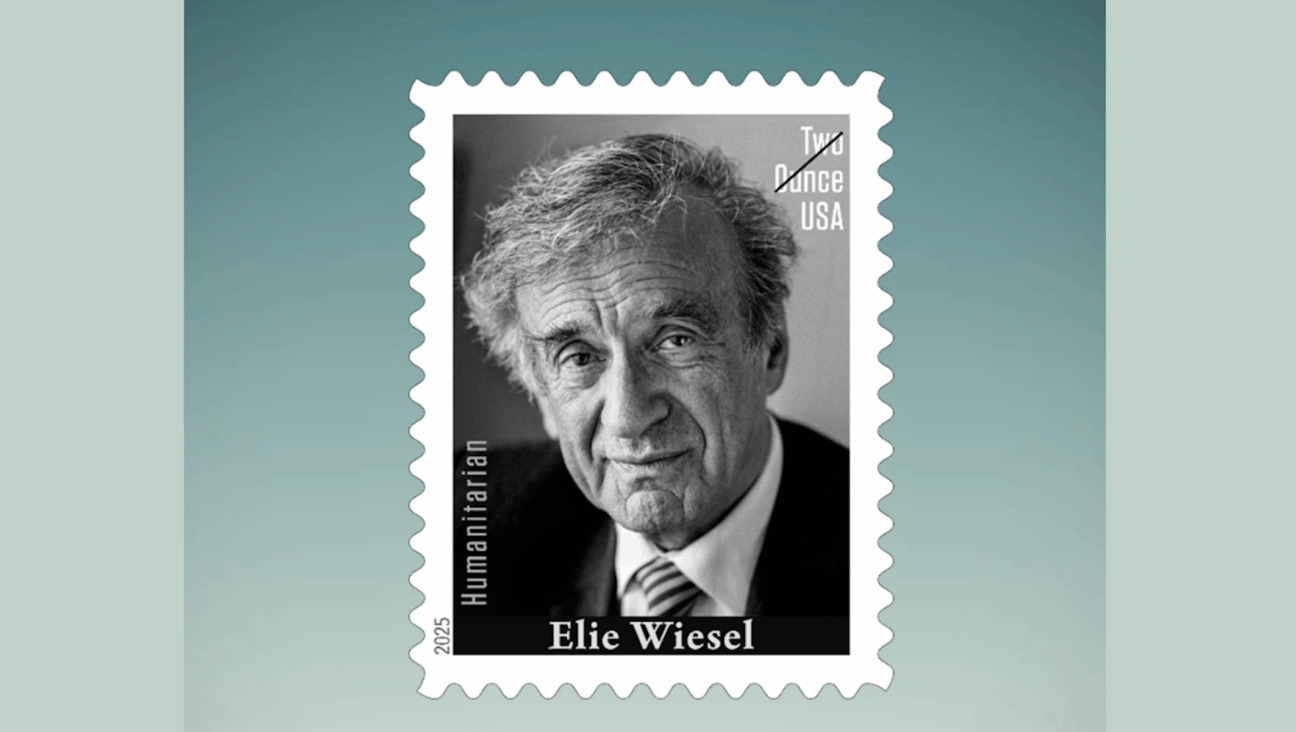Israel Needs Help Fighting BDS — and It’s Turning to J Street

Image by Getty Images
Israel is reaching out to J Street, the left-leaning, self-described pro-Israel pro-peace lobby, to cooperate on combating anti-Israel boycott and divestment efforts.
The Israeli cabinet member charged with coordinating anti-boycott efforts, Internal Security Minister Gilad Erdan, met on June 13 in Jerusalem with the director of J Street’s Israel office, Yael Patir. The meeting was described by Erdan in a June 16 speech on combating boycotts at the annual Herzliya Conference.
“In this fight I see no difference between right and left,” Erdan told the audience of mostly-Israeli academics, policymakers and pro-Israel activists. “There can be organizations with legitimate criticisms of the Government of Israel. I need them no less and maybe even more.”
The Erdan-Patir meeting was the first ever between a minister of the Netanyahu government and a representative of J Street, J Street spokeswoman Jessica Rosenblum said in an email. J Street President Jeremy Ben-Ami has not been involved in the contacts so far, but Erdan expressed an interest in meeting with Ben-Ami in the future, Rosenblum said.
J Street shares the Israeli government’s opposition to the anti-Israel boycott-divestment-sanctions movement, commonly known as BDS. J Street campus activists are frequently in the forefront of pro-Israel efforts to block university boycott and divestment resolutions, and many observers say the J Street role is crucial because its members can communicate with the campus left in its own language.
“Anyone who can’t meet with J Street can’t be helpful in fighting anti-Israel delegitimization,” said the speaker who followed Erdan at the Herzliya Conference, Gidi Grinstein, a former aide to then-prime-minister Ehud Barak who now heads an Israeli public policy think tank, Reut Institute, which advises the government on public diplomacy.
Convincing leftists of Israel’s justice, Grinstein said, requires the ability to speak in a language leftists understand. “The fight needs to be led by pro-Israel progressives. Going on the offensive against BDS means creating a basis for justification of the existence of the state of Israel.”
Up to now, however, the Netanyahu government and its American allies have demonstrated extreme hostility toward J Street, which strongly favors Israeli compromise with the Palestinians. J Street has particularly angered pro-Israeli activists from the center as well as the right because of its practice of encouraging and supporting members of Congress who take positions to the left of Israeli policy.
Israeli diplomats have repeatedly declined to appear at J Street’s Washington conventions, in contrast to nearly every other major Jewish organization that requests such an appearance. The sole exception was in 2012, when deputy chief of mission Barukh Binah agreed to address the organization’s banquet but used the platform to deliver a stinging rebuke to the lobby.
The Netanyahu government’s strongest supporters in the United States have tried with varying levels of success since the lobby’s founding in 2008 to prevent its representatives from speaking publicly in synagogues and to deny it membership in community-wide councils. In April 2014 J Street lost a bid to join the Conference of Presidents of Major American Jewish Organizations by a vote of 17 in favor and 22 against.
Whether the Erdan initiative will signal a turnabout in the relationship remains to be seen. “As this was the first meeting, Yael and Erdan discussed their views on BDS and their respective strategies for countering it,” Rosenblum said in her email. “There are no immediate plans for an active partnership at this point.”


















